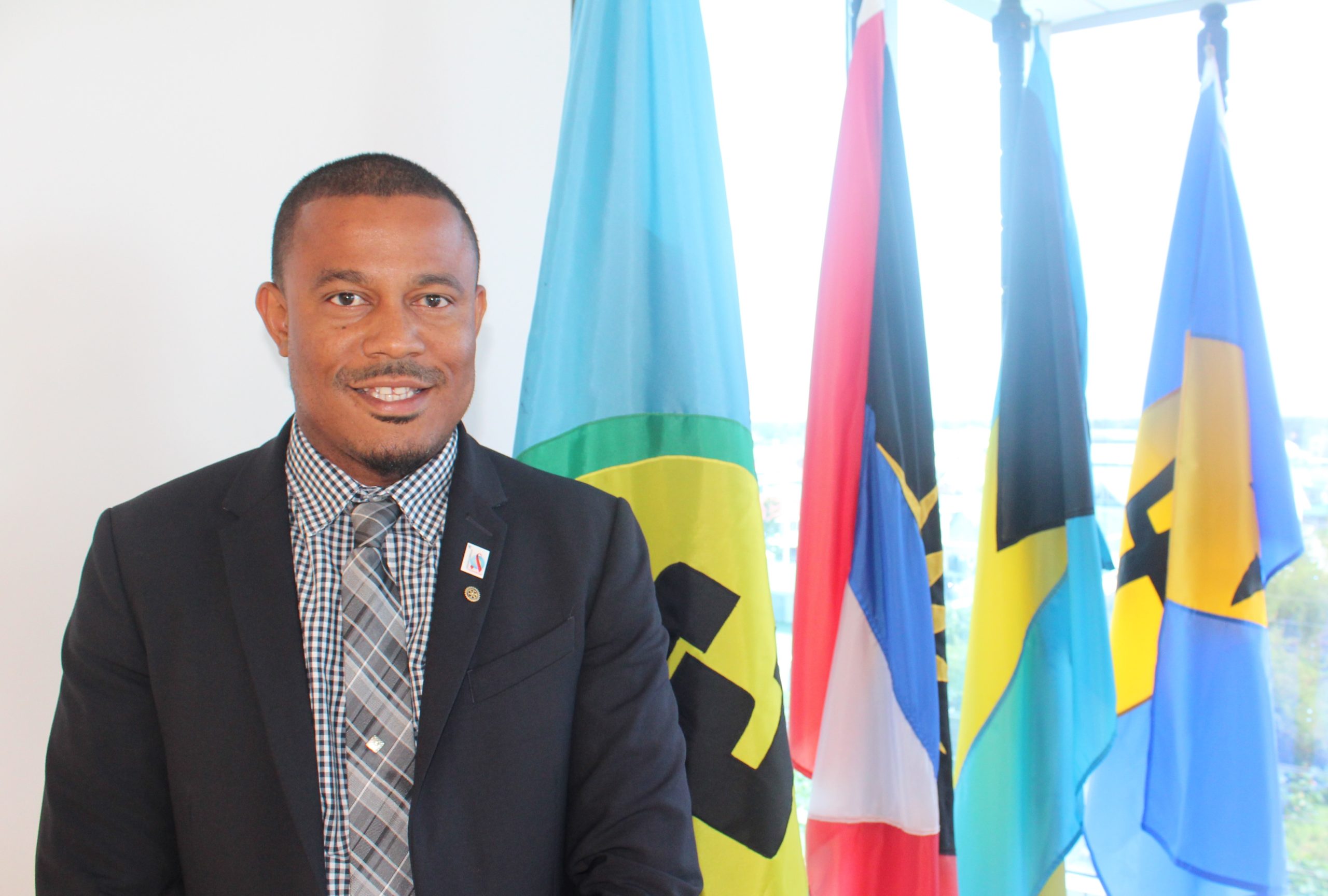
Gender-Based Violence – The Quiet pandemic holding back HIV ProgressDirector's Message - April 2021
The COVID-19 pandemic has exposed and exacerbated existing inequalities within countries and across the globe. Gender-based Violence (GBV), an expression of gender inequality and toxic masculinity, is another pandemic that exists in all societies at varying degrees of prevalence and severity.
GBV has been a significant problem before the COVID-19 pandemic and continues to occur, impacting the lives of many. Unfortunately, this situation has not received the type of attention that it should get, and, in some places, it goes on quietly.
GBV requires the same effort and attention that governments globally have given to COVID-19. With many countries under lockdown due to governments’ response to COVID-19, GBV has increased significantly. This increase is a reminder of the need to have a contingent mitigating mechanism to protect the marginalized, women and girls, against a co-existing pandemic.
In the Caribbean, nearly half of Caribbean women surveyed in five Caribbean countries face at least one form of violence; physical, sexual, economic, or emotional. This is way above the global average of one in three women who suffered physical and/or sexual violence by an intimate partner in their lifetime. This is unacceptable and should motivate all of us working and living in the Caribbean into action to end this violence.
Gender inequality links GBV and HIV as one of two indirect pathways that have a more significant impact on HIV transmission than the direct pathways. In societies where patriarchy and unequal gender norms are deeply entrenched, men are more likely to perpetrate sexual violence, pay for sex, and are less likely to use condoms.
Intimate partner violence is also an indirect risk factor for HIV acquisition. Women who experience intimate partner violence have more mental health issues, including depression and anxiety, higher use of alcohol and less control over their sexual decisions. Experiences of intimate partner violence increase the likelihood that a woman will acquire HIV by up to 55%.
If we are to end AIDS in the Caribbean Region, we must tackle this silent pandemic immediately. GBV is a significant contributor to the HIV epidemic. There is growing evidence that GBV is not only a human rights violation but also a barrier to HIV prevention, treatment, and care.
WHAT IS PANCAP?
PANCAP is a Caribbean regional partnership of governments, regional civil society organisations, regional institutions and organisations, bilateral and multilateral agencies and contributing donor partners established on 14 February 2001. PANCAP provides a structured and unified approach to the Caribbean’s response to the HIV epidemic, and coordinates the response through the Caribbean Regional Strategic Framework on HIV and AIDS to maximise efficient use of resources and increase impact, mobilise resources and build the capacity of partners.
What are the Global AIDS Strategy 2021–2026 targets and commitments?
If targets and commitments in the strategy are achieved:
- The number of people who newly acquire HIV will decrease from 1.7 million in 2019 to less than 370 000 by 2025
- The number of people dying from AIDS-related illnesses will decrease from 690 000 in 2019 to less than 250 000 in 2025.
- The goal of eliminating new HIV infections among children will see the number of new HIV infections drop from 150,000 in 2019 to less than 22,000 in 2025.
What are the 95-95-95 Targets for ending AIDS?
- 95% of People Living with HIV know their HIV status;
- 95% of people who know their status on treatment; and
- 95% of people on treatment with suppressed viral loads.
HELPFUL LINKS:
Global AIDS Strategy 2021–2026, End Inequalities, End AIDS
https://pancap.org/pancap-documents/global-aids-strategy-2021-2026-end-inequalities-end-aids/
Caribbean Regional Strategic Framework on HIV and AIDS (CRSF) 2019-2025
https://pancap.org/pancap-documents/caribbean-regional-strategic-framework-2019-2025/
